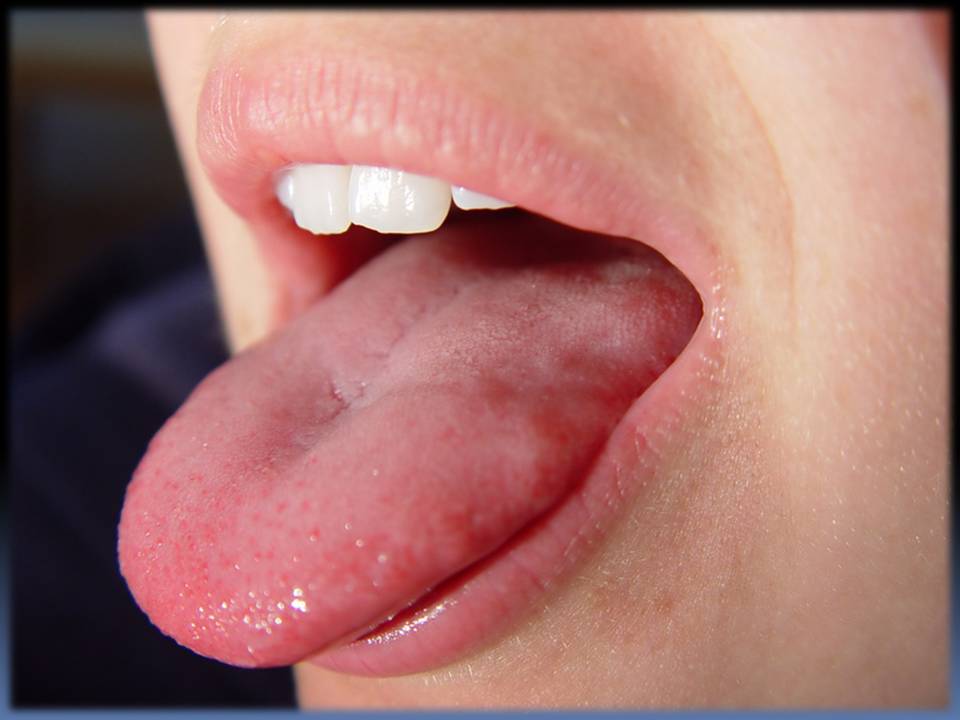

Smoking can also negatively affect your sense of taste, among other harmful long-term effects. In addition, many of the illnesses and conditions we experience as we age – some of which have been listed above – can have a negative influence on our taste buds. The loss of smell that occurs with aging can also lead to a decrease in the sense of taste as we age. The taste buds that remain also experience a decrease in size and sensitivity, which can make it harder to perceive taste. The 10,000 taste buds we are born with begin to decrease as we move into middle age.

Some of the common medications that cause dry mouth include:Īs we age, our taste buds not only diminish in number, but also change in function. Other medications may cause a change in taste by contributing to dry mouth, which makes it hard for the taste buds to recognize taste chemicals. The most common medications that affect your sense of taste are angiotensin-converting enzyme inhibitors, which are used to treat high blood pressure. Some medications may change your taste buds and alter your perception of taste. Some of the potential causes of nerve damage that can impact your sense of taste include: Nerve damage anywhere along this pathway, whether from injury or illness, can contribute to a change in your taste buds. Nerves found along the pathway from the mouth to the brain are responsible for taste bud function and the perception of flavor. Deficiencies in the following nutrients may lead to a loss of taste: Malnutrition can cause a deficiency in certain vitamins and minerals that are necessary for the taste buds to function properly. Ultimately, any medical condition that affects the brain, nose, or mouth can also result in a change to your taste buds. In addition, some non-nervous system disorders, such as cancer, can alter taste perception – especially during treatment. Nervous system disorders that affect the nerves of the mouth or brain, such as Parkinson’s disease, multiple sclerosis (MS), and Alzheimer’s disease, may cause a change in the perception of taste. These symptoms can reduce your sense of smell, which in turn can impact your perception of taste.Īlthough it may seem as if your taste buds have stopped working when you’re sick with a cold or the flu, the truth is that your sense of taste isn’t nearly as good without your sense of smell. Upper respiratory infections, whether viral or bacterial, can cause symptoms like nasal congestion and a runny nose. Your perception of flavor, especially via your taste buds, can be impaired by a variety of factors, from infections to medications, and more. These taste cells work in conjunction with chemical and physical senses to produce what we know as “flavor.”Ĭhanges in our taste buds can greatly affect the way we perceive flavor. When our taste buds encounter food and other substances, the taste cells inside send messages to the brain that help us make sense of what we are tasting. Sometimes an inflamed taste bud can signal a more severe problem, such as tongue cancer, which can cause inflammation that leads to tongue and taste bud swelling.Our taste buds are responsible for helping us enjoy the many flavors the world has to offer.

infection, such as a cold, flu, fungal, or bacterial illness.history of or exposure to radiation of the head and neck.exposure to extremely hot or cold foods.burns, cuts, or injuries to the mouth that can result in inflammation and swelling.acid reflux that causes acid to rise up the throat and burn the taste buds in the back of the throat.Several conditions can irritate the taste buds enough to result in swelling. Disruption to these can affect a person’s ability to taste foods. These cells transmit messages to the brain. Inside the papillae are small, hair-like projections known as microvilli that have sensory cells. Share on Pinterest Swollen taste buds may be caused by a number of factors, including a dry mouth, or acid reflux.


 0 kommentar(er)
0 kommentar(er)
